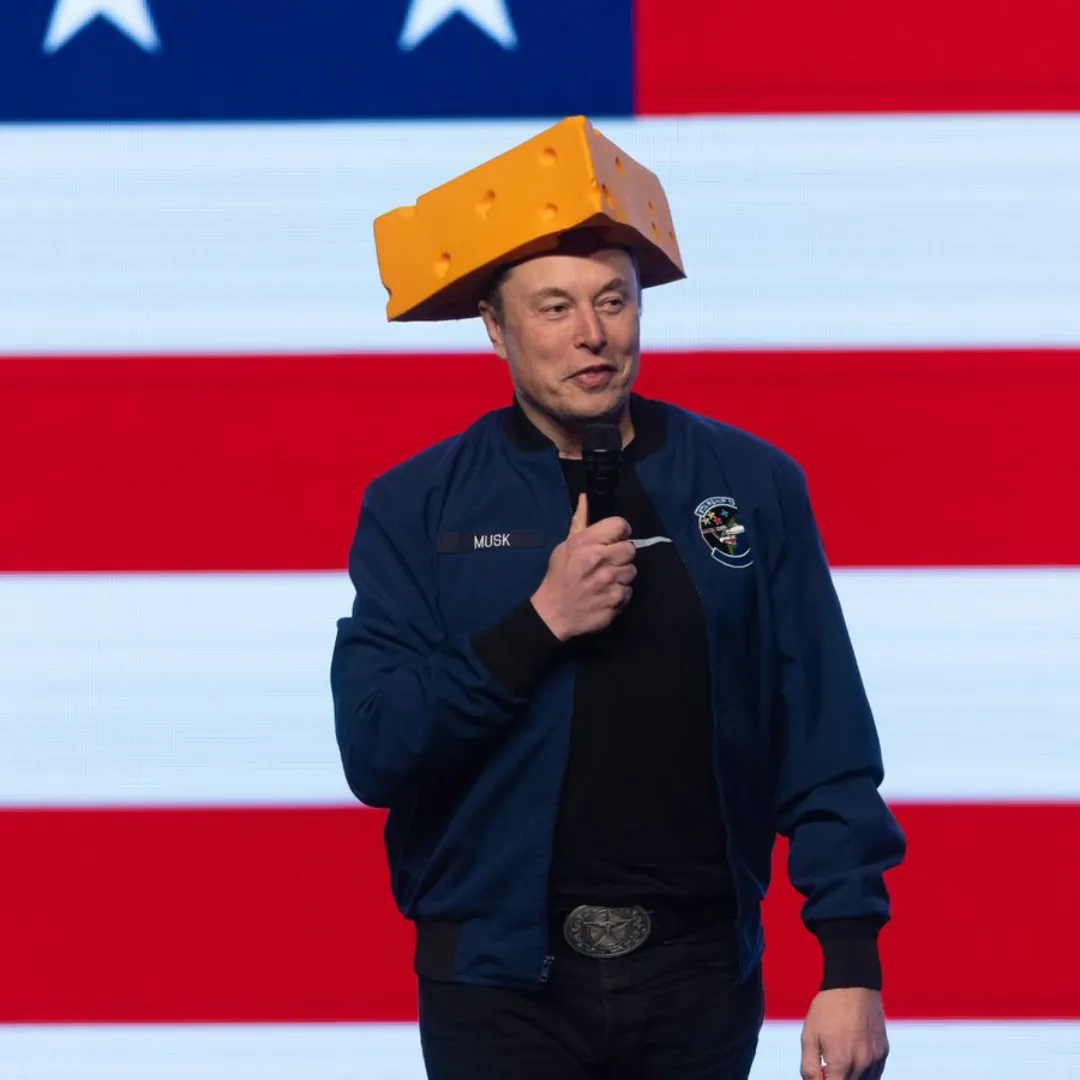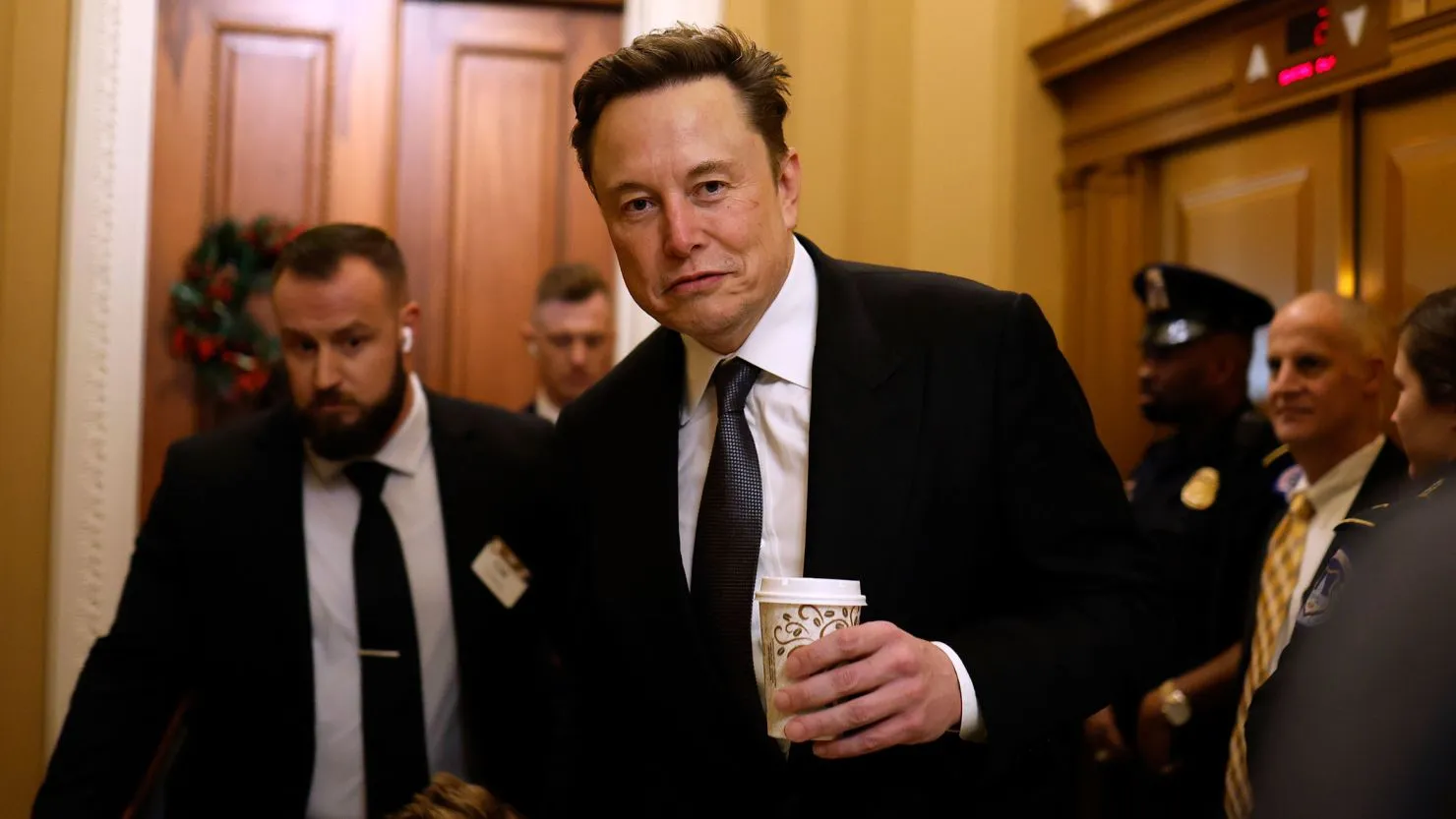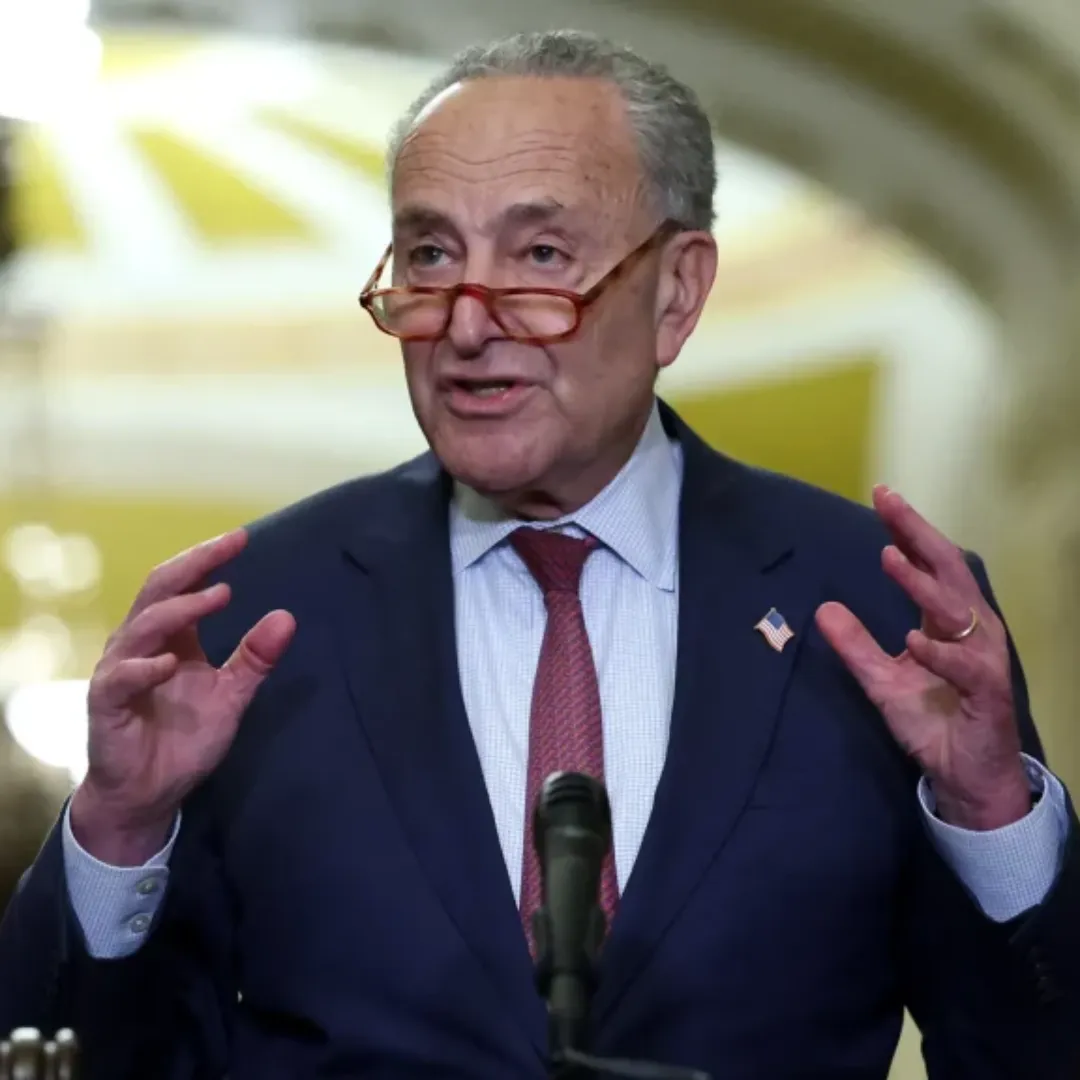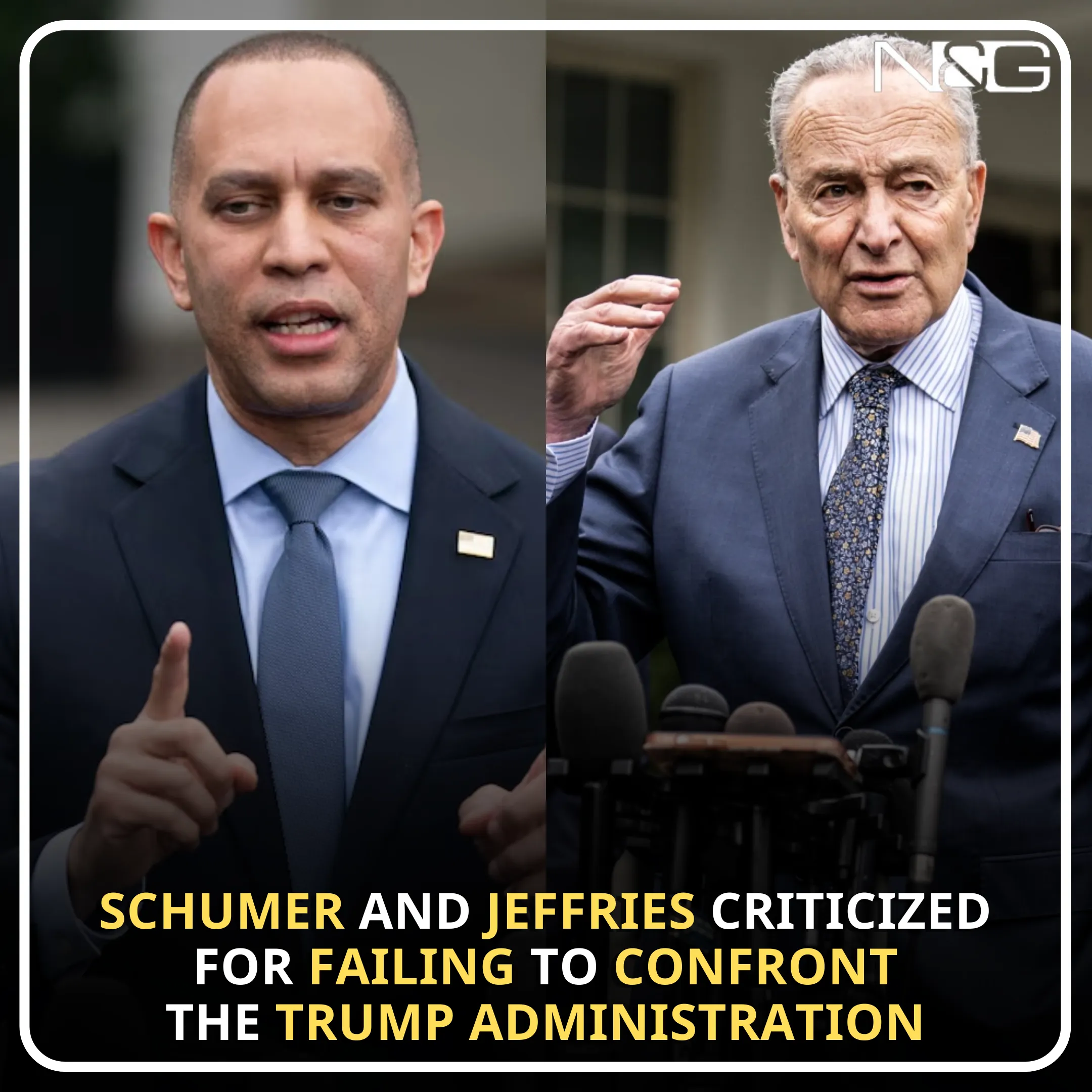
In a sharp and somber speech delivered Thursday evening, former Senate Republican Leader Mitch McConnell (R-Ky.) issued a grave warning: the United States may be hurtling toward a geopolitical blunder that could hand a significant victory to Russia—and leave American credibility in shambles.
Speaking as he accepted the prestigious Star of Ukraine Award—bestowed by the U.S.-Ukraine Foundation—McConnell did not mince words.
“Unless we change course,” he said, “the outcome we’re headed for today is the one we can least afford: a headline that reads, ‘Russia wins, America loses.’”
His comments come amid growing concerns that the Trump administration is pursuing a diplomatic strategy with Moscow that, while promising “peace,” may leave Ukraine vulnerable, strain U.S. alliances, and erode the very foundation of American global leadership.
McConnell’s comments were clearly influenced by recent events in Washington and abroad.

Chief among them: President Trump’s unusual public scolding of Ukrainian President Volodymyr Zelensky during a joint press event at the White House—a moment that shocked foreign policy observers and U.S. allies alike.
Adding fuel to the fire was a recent statement from the Kremlin, in which Russian officials praised the Trump administration’s “new approach” to the war in Ukraine, saying it “largely coincides with our vision.”
For McConnell, that kind of praise from a geopolitical adversary is not a sign of diplomatic success—it’s a red flag.
“When American officials court the favor of an adversary at the expense of allies… When they mock our friends to impress an enemy… They reveal their embarrassing naivete,” McConnell said.
He made it clear that any so-called peace deal that ends the war but leaves Russia with territorial gains—and Ukraine in a position of weakness—is not peace at all, but capitulation.
Throughout his speech, McConnell emphasized the dangers of accepting what he called “illusory peace”—a diplomatic resolution that looks like peace on paper but leaves the roots of conflict unresolved.

“An illusory peace that shreds America’s credibility, leaves Ukraine under threat, weakens our alliances, and emboldens our enemies,” he warned.
He likened the situation to the failed appeasement of Adolf Hitler before World War II, invoking President Franklin D. Roosevelt’s famous words: “No man can tame a tiger into a kitten by stroking it.”
McConnell argued that American power must be rooted not only in diplomacy, but also in strength.
He reiterated the long-held belief that military aid to Ukraine is a strategic investment—not a liability—and a far less costly alternative to future U.S. involvement in a broader European war.
“If we don’t stop this kind of aggression now, we’ll pay a much higher price later,” he said.
McConnell also expressed skepticism about whether President Trump’s advisers are fully committed to military deterrence and the doctrine of “peace through strength.”
He questioned whether they are willing to summon the resources, discipline, and long-term resolve needed to uphold this principle.

“Too many of those who use it—particularly among the president’s advisers—don’t seem ready to summon the resources and national will it requires,” he warned.
His remarks align with growing bipartisan concern that the Trump administration, despite its tough talk, is veering away from traditional U.S. foreign policy norms and may be unprepared to manage the consequences.
Recent behavior from Trump’s national security team has also raised eyebrows. Members of the president’s inner circle were recently caught disparaging NATO allies in a private group chat on Signal, a popular encrypted messaging app.
The chat included high-ranking officials such as Defense Secretary Pete Hegseth and National Security Adviser Mike Waltz—and inadvertently, a journalist from The Atlantic.
In one particularly blunt message, Hegseth slammed European allies for “free-loading” on American military power in the Red Sea, calling their lack of action “PATHETIC.”
McConnell’s comments also highlight a widening divide within the Republican Party over U.S. support for Ukraine.

Traditionally, the GOP has taken a hawkish stance on national security, emphasizing American leadership on the world stage and warning of the dangers of Russian aggression.
But under Trump, some of that posture has shifted, with a growing contingent of Republicans questioning the value of U.S. involvement abroad—particularly in conflicts like the one in Ukraine.
McConnell made it clear that he believes such thinking is dangerously shortsighted.
“The resolve of the West will require that we actually stand with the West,” he said. “Instead of mocking European allies and partners, it’ll mean building a stronger trans-Atlantic alliance.”
He encouraged the U.S. to continue standing with Ukraine—not just out of moral obligation, but as a matter of strategic interest.
“If America doesn’t lead, someone else will. And we won’t like the results.”
As the war in Ukraine drags into its third year, the pressure is mounting on the U.S. to help broker a resolution. But McConnell and other foreign policy veterans argue that any deal must come from a position of strength—not desperation.

There is growing concern among analysts and diplomats that a weak peace deal—especially one that cedes territory to Russia—would be seen globally as a sign that the U.S. is no longer willing to enforce the rules-based international order it helped create after World War II.
It would also, in McConnell’s view, send the wrong message to other U.S. adversaries—like China, North Korea, and Iran—that American resolve can be bent or broken.
In his closing remarks, McConnell called on Congress, the White House, and the American public to remember the stakes.
“This is not just about Ukraine,” he said. “It’s about the world we want to live in—and whether we still have the courage to defend it.”



